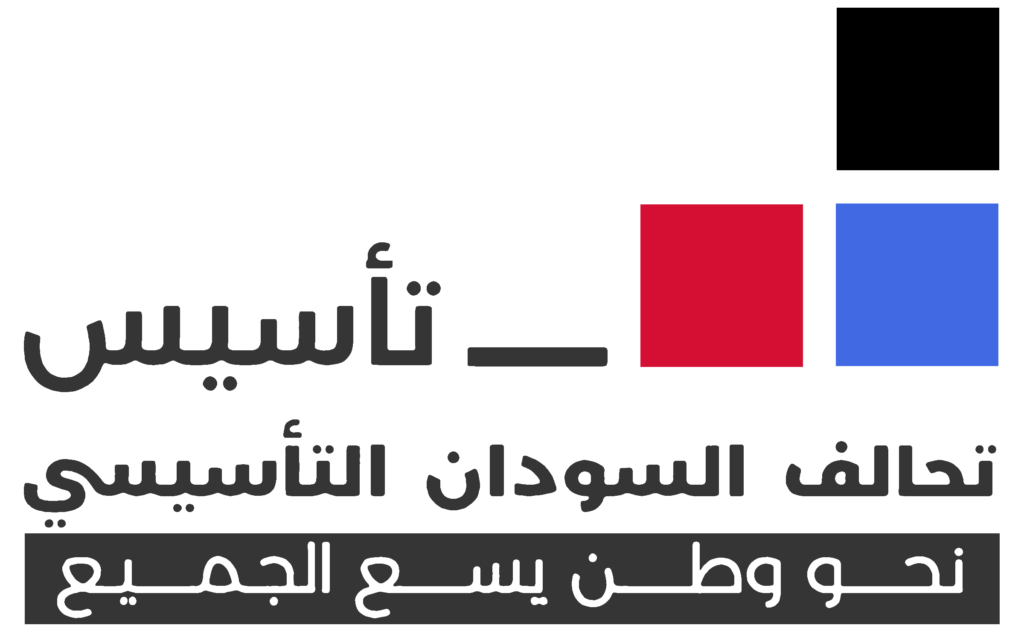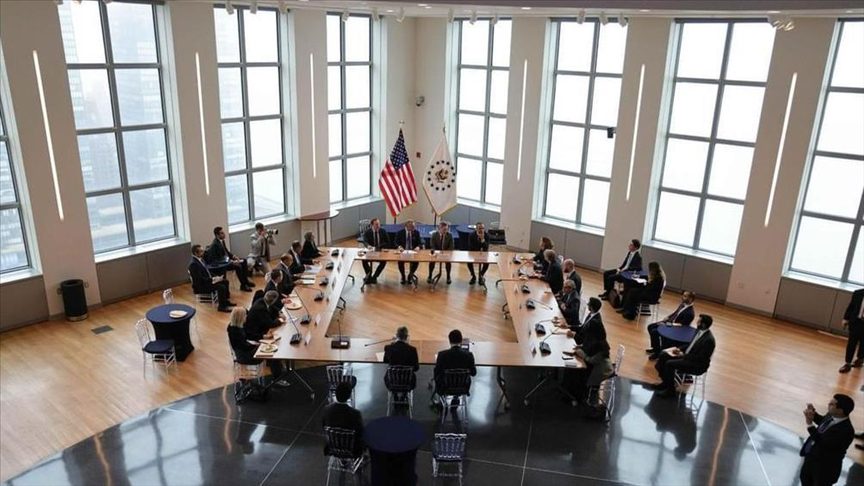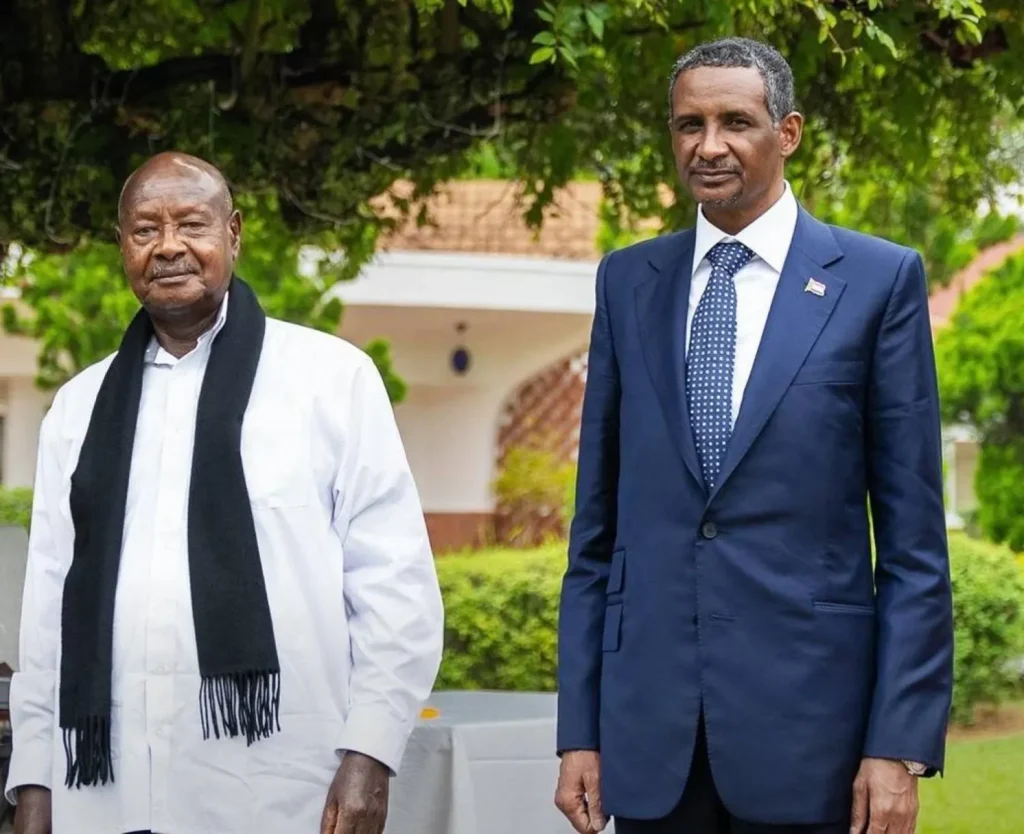
The tensions between forces loyal to SAF chief Abdel Fattah Al-Burhan and the Al-Baraa Ibn Malik Corps, the military wing of the Muslim Brotherhood, have come to a head following a recent dispute.
The conflict surfaced after a statement from General Shams El-Din Al-Kabbashi, the Deputy Commander-in-Chief of the SAF, warning against any political or military symbols besides the military uniform inside combat zones.
Almusbah Abuzaid Talha, Commander of Al-Baraa Corps, quickly responded, openly challenging the SAF-controlled Port Sudan leadership by asserting that no one holds authority over the Islamist battalions. He invited any opposing force to confront them directly in battle.
Almusbah further emphasized that the Al-Baraa Corps represents the “Shadow Brigades,” historically leveraged by ousted Vice President Ali Osman Mohamed Taha. This group is notorious for its involvement in the killing of demonstrators during the December 2018 revolution and the brutal dispersal of the sit-in at the Military’s General Command Headquarters in Khartoum, which resulted in numerous casualties.
According to Sudanese sources, a direct clash between the two factions is expected, as the struggle for control intensifies. Extremist elements within the former regime are reportedly seeking to consolidate their influence over both the SAF forces and the SAF-controlled Sudanese government.
In April 2025, it was revealed that deep-rooted divisions within Port Sudan had emerged into the open. Reports indicate that the Islamist militias, operating under the guise of security operations in areas recaptured from opposition forces, are responsible for widespread civilian deaths, purportedly in retaliation against those accused of collaborating with the Rapid Support Forces (RSF).
Some leaders within the Port Sudan forces are concerned that these extremist elements may embroil them in war crimes, drawing international condemnation. These tensions have heightened over the issue of the disproportionate participation of Darfur’s armed militias—such as the Justice and Equality Movement (JEM) and the Sudan People’s Liberation Movement (SPLM)—in the ongoing conflict, which some factions view as an inequitable share of the war efforts.
A former Islamist leader disclosed that the conflict within the Port Sudan camp is primarily driven by power struggles, as various factions vie for control over the future of Sudan. Despite the Islamist factions’ strengthened position following the 2021 coup, they now seek dominance over the Port Sudan forces and the country’s governance.
Discontent within the alliance has also been fueled by rising opposition to the share of influence held by the Darfur militias. These disputes signal the potential for further escalations, with some factions calling for an even larger role for militias in future peace negotiations.
Sources suggest that the Port Sudan forces, though responsible for arming these militias, may eventually face backlash as local tribal militias from the east, Al-Jazeera, and the Northern state begin to demand their own stake in the country’s power structures.
An anonymous leader within the alliance warned that these divisions are becoming increasingly apparent, with an imminent split looming on the horizon, further deepening Sudan’s political crisis.
Political expert Hatem Elias described the Port Sudan alliance as a fragile coalition of military and civilian groups united solely by their authoritarian interests. These groups, including Darfur movements, have long used mercenary forces in regional conflicts, such as in Libya. Elias noted that the Islamists, who hold significant sway over Sudan’s state institutions, are firmly opposed to any peace initiatives, fearing such efforts would undermine their political influence.
Elias emphasized that the Port Sudan alliance is inherently tied to the war, and any successful peace efforts would threaten its continued power. The Islamist factions, especially those under the leadership of Ali Karti, the Secretary-General of the Islamic Movement, are unlikely to accept peace, as it would entail their exclusion from Sudan’s future governance.
The tensions were exacerbated by a recent decision from Al-Burhan, commander of the SAF, to restrict the supply of weapons to Islamist-affiliated militias, limiting them only to ammunition. This move came amid growing international and domestic pressure following reports of widespread human rights violations committed by Al-Burhan’s forces and their allies.




